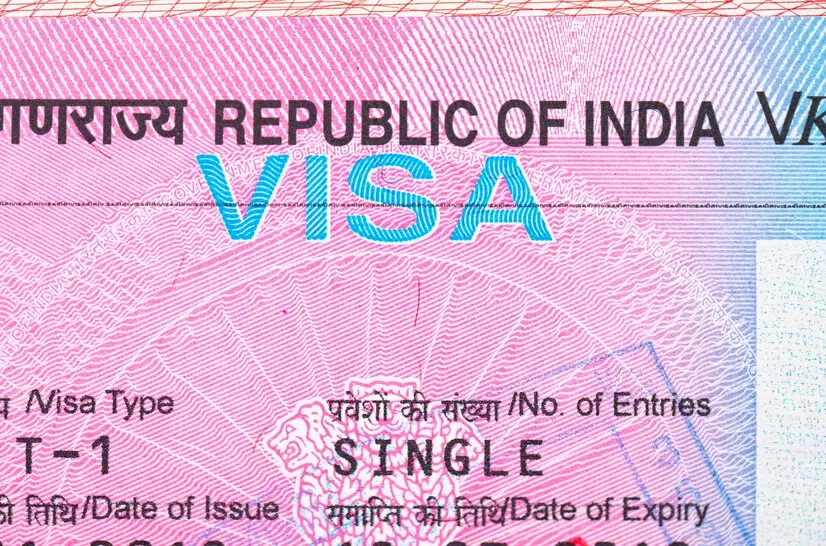Indians upset over reduced H-1B Visa Pool
The Indian professionals who fail to secure H-1B visas even after three attempts will face significant financial, career and personal challenges.

HYDERABAD: Though Indian professionals consistently account for the majority of H-1B Visa recipients each year due to their significant representation in STEM (Science, Technology, Engineering and Mathematics) fields, the total number of H-1B Visas secured saw huge fluctuations over the years due to changes in policies and demand. The number of approvals saw a sharp fall for the last three financial years. The Trump’s administration’s stricter immigration policies have contributed to reduced registrations and approvals this year.
The Indian professionals consistently account for around 70 per cent of H-1B approvals, But, the ongoing reforms and stricter scrutiny has led to reduced approvals and reduced approval of Indians for the last three years. As against 1,27,600 selections in 2023, the current selection for financial year 2026 was restricted to a statutory cap of 85,000 visas including 65,000 regular and 20,000 advanced degrees. However, the total number of registrations continuously maintained in between 4,40,000 to 4,80,000 for the last five years.
The Indian professionals who fail to secure H-1B visas even after three attempts will face significant financial, career and personal challenges. Each H-1B application now costs $215 per beneficiary with paper filing fees rising to $780, which is more than 70 per cent increase compared to last year. Three failed attempts could cost around $3,000 in terms of fees, excluding legal expenses.
The optional premium processing for expedited decisions adds further financial strain of another $2,800. Many professionals who fail to pick in the H-1B lottery go for extended studies by enrolling in MS and PhD programmes to maintain their legal status through student visas. Besides paying heavy tuition fees annually, they lose earnings due to reduced work hours under student visa restrictions.
“Working for reputed firms but failing to secure an H-1B visa will affect one's professional reputation and the utilisation of their skills. It will lead to a perception that our skills are not valued or recognised by the U.S. immigration system,” said Surya, who failed to get an H-1B visa this time, but is now working for Walmart, a Fortune-500 company.
Many professionals have been finding fault in the selection process for its reliance on a random lottery system, which often fails to prioritise merit and skills. ”The current lottery system allocates visas through chance rather than assessing qualifications like education, experience, or salary. This leads to situations where highly skilled professionals are excluded, while less-qualified candidates secure visas due to luck,” said Mahender Reddy from Armoor, whose son is working for a US-based IT company, but fails to get H-1B Visa in his second attempt.
The announcement of the H-1B visa lottery for financial year 2026, which came out recently has triggered more anxiety within the Indian community than optimism, in the wake of the Trump’s administration’s stricter immigration policies and prioritising American workers. The Indian community is gripped in uncertainty, even after US companies’ preference for Indians in IT and Tech jobs.

